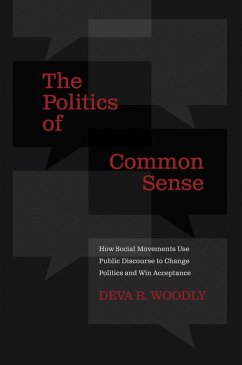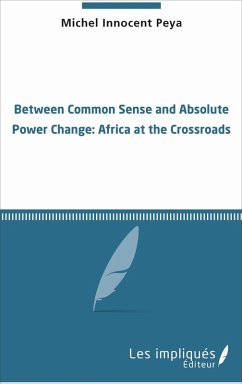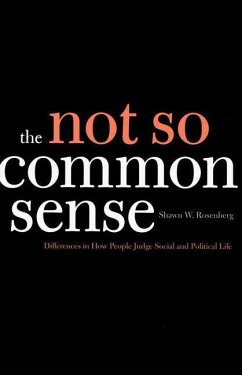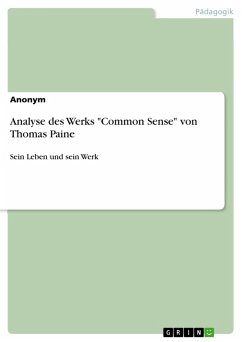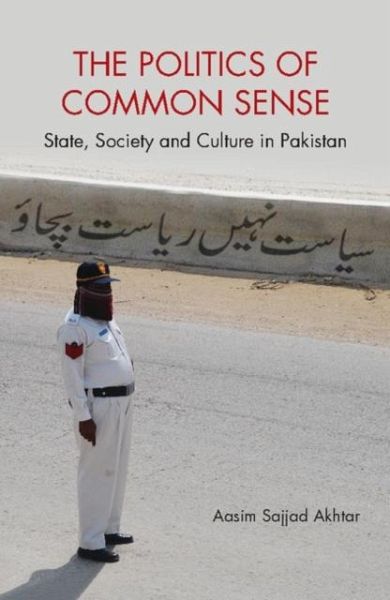
Politics of Common Sense (eBook, PDF)
State, Society and Culture in Pakistan
Versandkostenfrei!
Sofort per Download lieferbar
74,95 €
inkl. MwSt.
Weitere Ausgaben:

PAYBACK Punkte
37 °P sammeln!
This work offers a refreshingly different perspective on Pakistan - it documents the evolution of Pakistan's structure of power over the past four decades. In particular, how the military dictatorship headed by General Zia ul Haq (1977-1988) - whose rule has been almost exclusively associated with a narrow agenda of Islamisation - transformed the political field through a combination of coercion and consent-production. The Zia regime inculcated within the society at large a 'common sense' privileging the cultivation of patronage ties and the concurrent demeaning of counter-hegemonic political ...
This work offers a refreshingly different perspective on Pakistan - it documents the evolution of Pakistan's structure of power over the past four decades. In particular, how the military dictatorship headed by General Zia ul Haq (1977-1988) - whose rule has been almost exclusively associated with a narrow agenda of Islamisation - transformed the political field through a combination of coercion and consent-production. The Zia regime inculcated within the society at large a 'common sense' privileging the cultivation of patronage ties and the concurrent demeaning of counter-hegemonic political practices which had threatened the structure of power in the decade before the military coup in 1977. The book meticulously demonstrates how the politics of common sense has been consolidated in the past three decades through the agency of emergent social forces such as traders and merchants as well as the religio-political organisations that gained in influence during the 1980s.
Dieser Download kann aus rechtlichen Gründen nur mit Rechnungsadresse in A, B, BG, CY, CZ, D, DK, EW, E, FIN, F, GR, HR, H, IRL, I, LT, L, LR, M, NL, PL, P, R, S, SLO, SK ausgeliefert werden.




